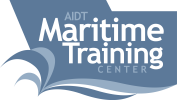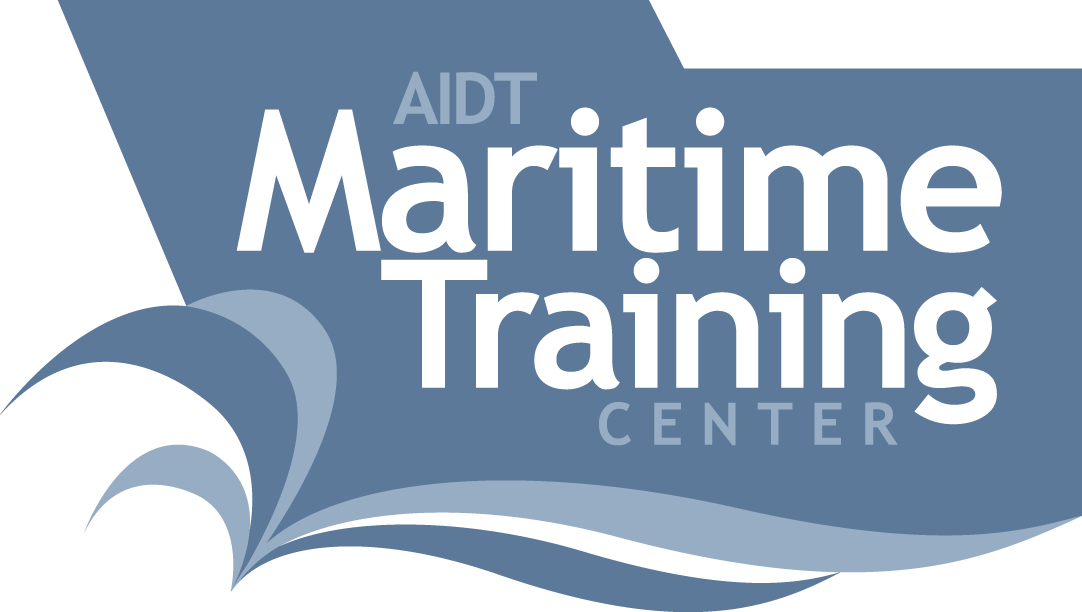- (251)-405-8698
- maritimeinfo@aidt.edu
- M-Th: 7:30am - 4:30pm, Fri: Closed

1-4 Days
3
20
Yes
All modules are offered as individual classes. Credit for each module is given but after you complete all modules you will receive an official NCCER Core Curriculum certificate.
Basic Safety (00101): Complies with OSHA-10 training requirements. Explains the safety obligations of workers, supervisors, and managers to ensure a safe workplace. Discusses the causes and results of accidents and the impact of accident costs. Defines safe work procedures, proper use of personal protective equipment, and working with hazardous chemicals. Identifies other potential construction hazards, including hazardous material exposures, welding and cutting hazards, and confined spaces.
Introduction to Construction Math (00102): Reviews basic mathematical functions and explains their applications to the construction trades. Explains how to use and read various length measurement tools, including standard and metric rulers and tape measures, and the architect’s and engineer’s scales. Explains decimal-fraction conversion and the metric system, using practical examples. Also reviews basic geometry as applied to common shapes and forms.
Introduction to Hand Tools (00103): Introduces trainees to hand tools that are widely used in the construction industry, such as hammers, saws, levels, pullers, and clamps. Explains the specific applications of each tool and show how to use them properly. Also discusses important safety and maintenance issues related to hand tools.
Introduction to Power Tools (00104): Provides detailed descriptions of commonly used power tools, such as drills, saws, grinders, and sanders. Reviews applications, proper use, safety, and maintenance. Many illustrations show power tools used in on-the-job settings.
Introduction to Construction Drawings (00105): Familiarizes trainees with basic terms for construction drawings, components, and symbols. Explains the different types of drawings (civil, architectural, structural, mechanical, plumbing/piping, electrical, and fire protection) and instruct trainees on how to interpret and use drawing dimensions. Four oversized drawings are included.
Basic Communication Skills (00107): Provide trainees with techniques for communicating effectively with co-workers and supervisors. Includes practical examples that emphasize the importance of verbal and written information and instructions on the job. Also discusses effective telephone and email communication skills.
Basic Employability Skills (00108): Identifies the roles of individuals and companies in the construction industry. Introduces trainees to critical thinking and problem-solving skills and computer systems and their industry applications. Also reviews effective relationship skills, effective self-presentation, and key workplace issues such as sexual harassment, stress, and substance abuse.
Introduction to Material Handling (00109): Recognizes hazards associated with materials handling and explains proper materials handling techniques and procedures. Also introduces materials handling equipment, and identifies appropriate equipment or common job-site tasks.
Students must:
Visit careers.aidt.edu for a complete list of jobs & training opportunities

Copyright © 2025 AIDT Maritime Training Center, an AIDT Training Facility.
AIDT is ISO 9001:2015 certified. Privacy Policy